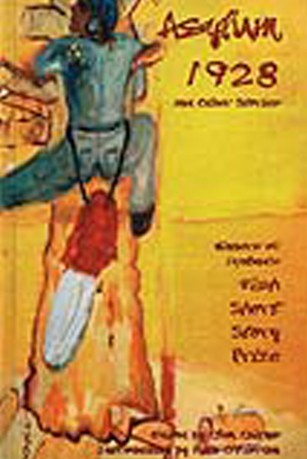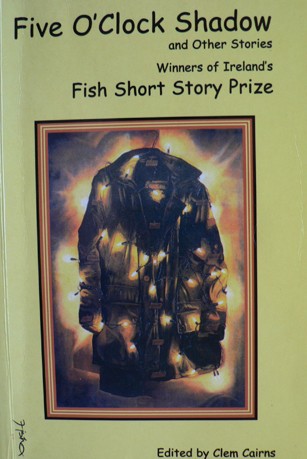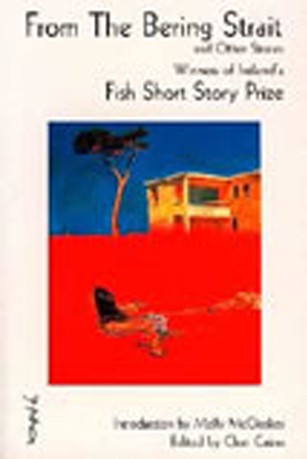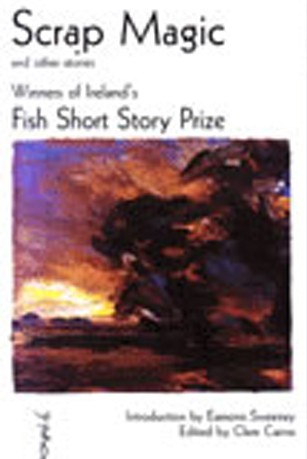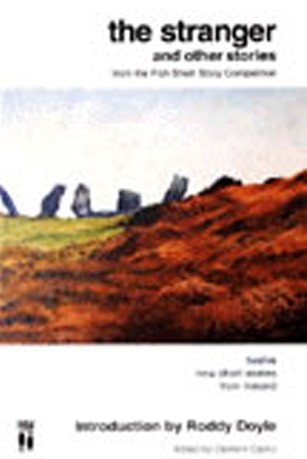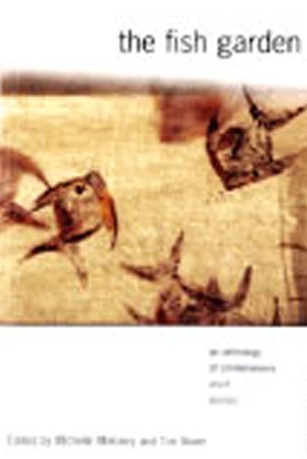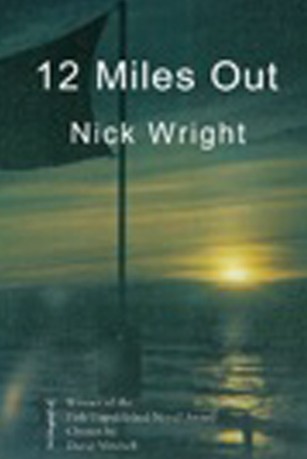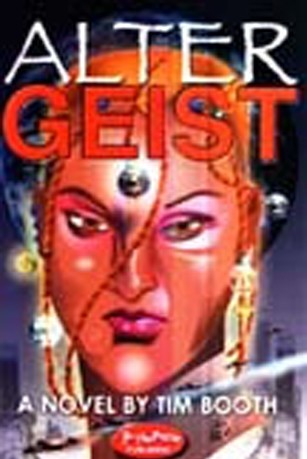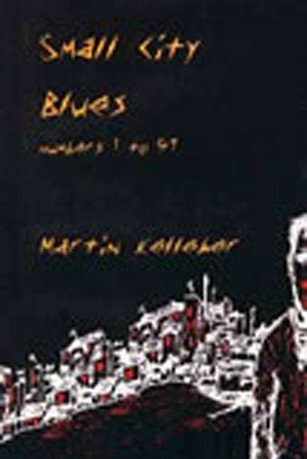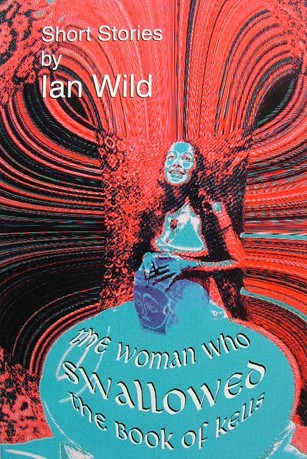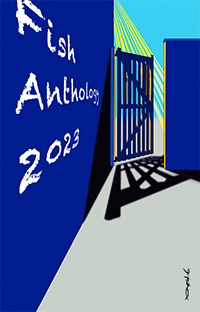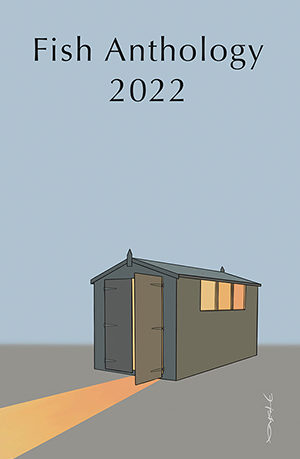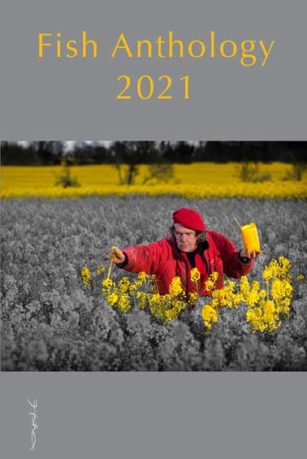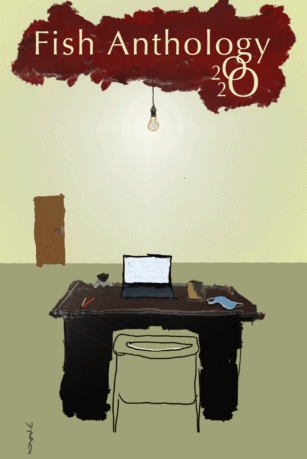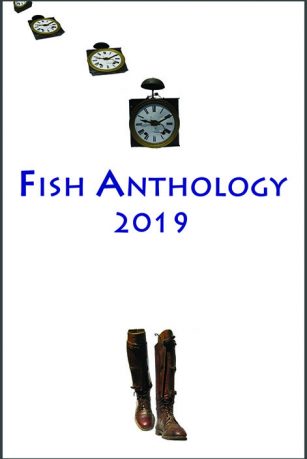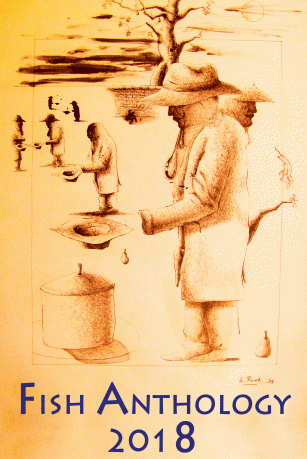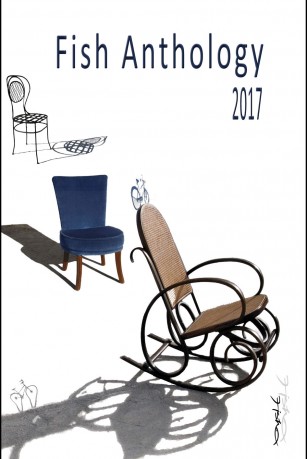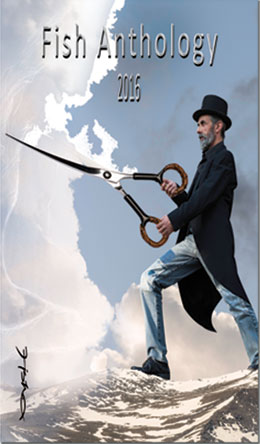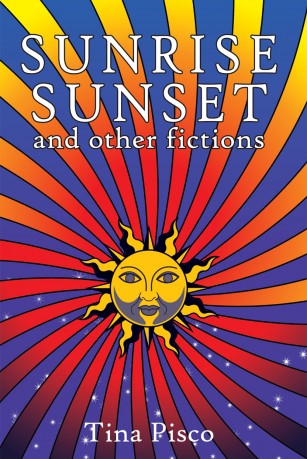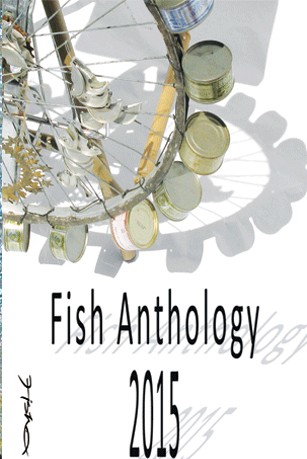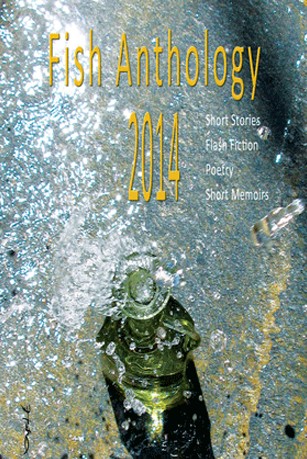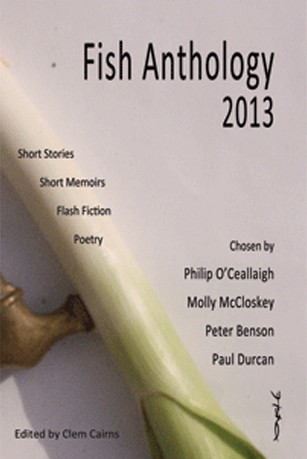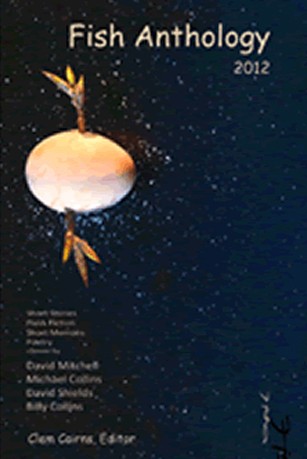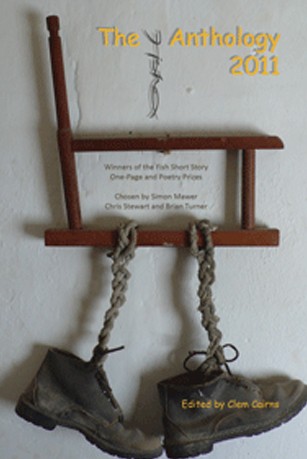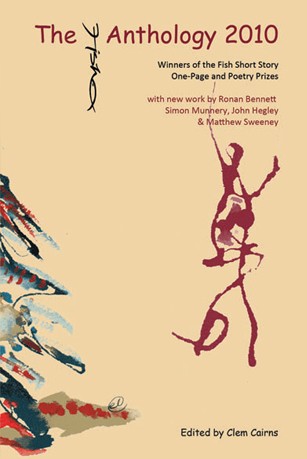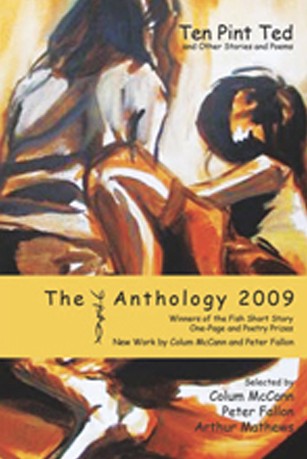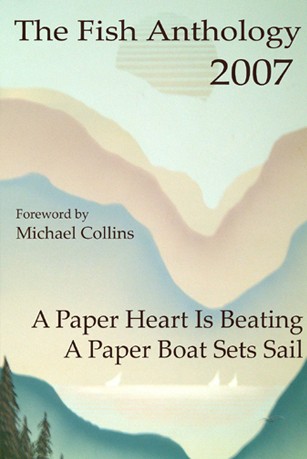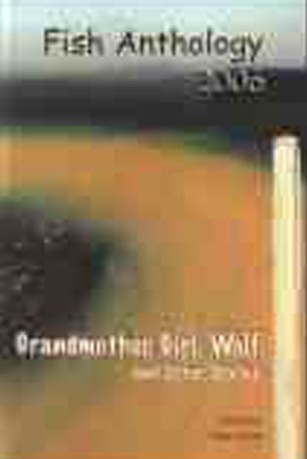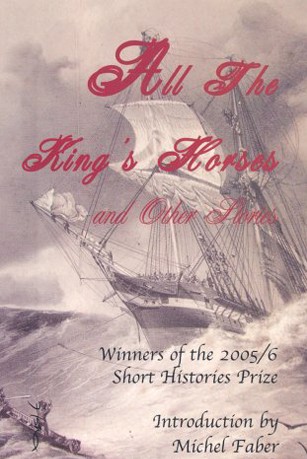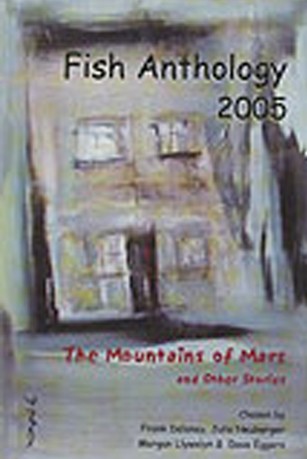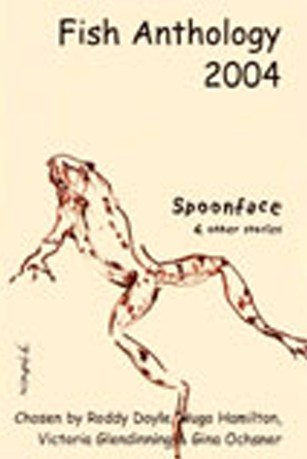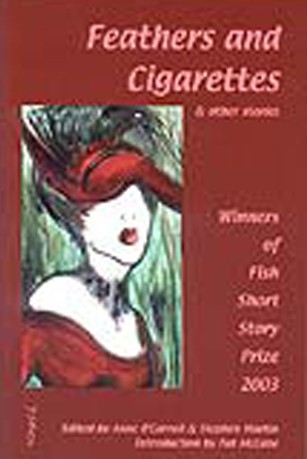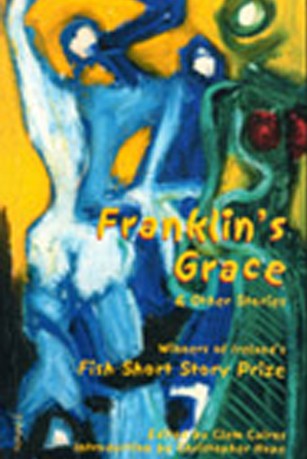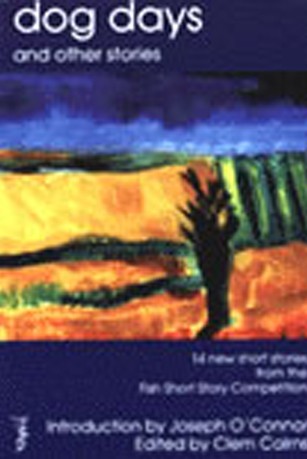
Dog Day
ISBN: 0-9523522-1-4
Introduction by Joseph O’Connor
What kind of strange creature is a short story writer? I must confess that I don’t know. Ahigh priest or priest of art? A wounded soul who can’t understand the real world and thus feels a need to re-invent it? A moralist? A spinner of yarns? An entertainer? A prophet? Probably all these things. Possibly none.
The single fact I can be sure about is this: writers are watchers. The one and only thing they have in common is an ability to look at the everyday world and be knocked out by it. Stopped in their tracks. Startled. Gobsmacked.
My favourite short story writer, Raymond Carver, has this to say:
writers don’t need tricks or gimmicks, or even necessarily need to be the smartest fellows on the block. At the risk of appearing foolish, a writer sometimes needs to be able to just stand and gape at this or that thing – a sunset, or an old shoe – in absolute and simple amazement.
Another writer I love, Flannery O’Connor, put it even more strongly:
There is a certain grain of stupidity that the writer of fiction can hardly do without, and this is the quatity of having to stare, of not getting the point at once.
There is only one trait that writers have in common and that’s it. They watch for the extraordinary magic that lies in the everyday. A writer is always quietly looking and thinking. Not willing inspiration but just being open to the world. This quiet looking and thinking is the imagination. It’s letting in ideas. It’s trying, I suppose, to make some sense of things.
In that sense, it is important for a writer to be always writing.
Even when you’re not actually sitting with a pen in your hand. You don’t take days off. You don’t go on holiday from writing. Sometimes you don’t even go to sleep. If you’re serious about writing – as the people whose fine work is represented here most definitely are – then you’re a writer twenty-four hours a day, in the office, in school, doing the dishes and in your dreams.
Writers have their eyes open. They keep them open all the time.
Ezra Pound said ‘fundamental accuracy of statement is the one morality of writing’. Naming things, calling things what they are. This is all that writers can do in an age where language has become debased and sterile. That is what the writers in this book do, time and again, with style and conviction and confidence.
Most of them are spare time writers, in the sense that they do other things to make money. But you’d never guess that from their work. James Thurber was a full-time writer. His use of his spare time is interesting:
I never quite know when I’m not writing. Sometimes my wife comes up to me at a party and says, ‘Dammit, Thurber, stop writing’. She usually catches me in the middle of a paragraph. Or my daughter will look up from the dinner table and ask, Is he sick? ‘No’, my wife says, he’s writing someting’.
That we all do what Thurber did is important, if we want to be more than dilettantes, if we want to acheive the admirably high standards of the work represented in this collection. Writing is not typing. Writing is first of all, a way of looking at the world, naming it precisely, making sense of it or celebrating its nonsense.
The short story is one of the greatest, most challenging, most infuriating forms of literature. They look so easy! That’s the thing about really good short stories like these. They don’t read like they were written. They read like they simply grew on the page. When we read the work of a short story maestro like Joyce or Frank O’Connor or Richard Ford or Alice Monroe or Mary Lavin, we think yes, there is just a rightness about that sentence, that image, that line of speech. But anyone who has ever tried to write a short story will know just how tough it is to hit that reverberating note, to say something – anything at all – worthwhile about the human condition in five thousand words or less. It’s hard.
A short story is a glance at the miraculous. Joyce used a religious word. He called his stories ‘epiphanies’. A good short story is almost always about a moment of profoud realisation. Or a hint of that. A quiet bomb. There is a record by the American singer Tori Amos called Little Earthquakes. That’s agood metaphor for a short story. Often, a good short story will be a little earthquake.
It is a form that has all the power of the novel – some would say more – but none of the self-importance. A deftly imagined and carefully written short story like Karl Iagnamma’s Dog Days, or Frank O’Donovan’s Jonny Mok’s Universe, or Anne O’Carroll’s Flame, by concentrating on the particular, can say a whole lot about the universal.
So let us get idealistic for a second or two. V.S. Pritchett’s description of a short story is ‘something glimpsed from the corner of the eye, in passing’. And our task as short story writers is to grab that moment with both hands and invest it with all the power and humanity and sympathy we can. to develop our skills at language and characterisation and structure and dialodue – our fundamental accuracy – for one reason. To tell the truth. that’s what all the hard work comes down to in the end.
If we forget that we forget everything.
Joseph O’Connor
Dublin, 1997
Contents
Dog Days by Karl Iagnemma
Black George by Martin Malone
Tomatoes, Flamingos, Lemmings, and Other Interesting Facts by Alex Keegan
Compound Interest by Tim Booth
White Goods by Carmen Walton
Flame by Anne O’Carroll
Johnny Mok’s Universe by Frank O’Donovan
Three Stages of Heat by Julia Darling
Tricky Journey by Eamon McDonnell
World of Trees by Geraldine Mills
Florence – The Rough Guide by Pat Boran
Walking The Dog On Mars by Geraldine Taylor
The Removal Man by Deirdre Shanahan
Letter to a Cat by Sheelagh Morris


